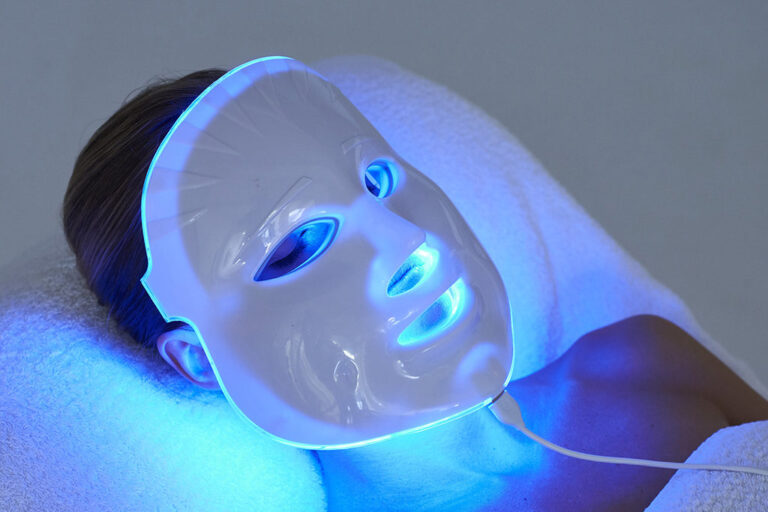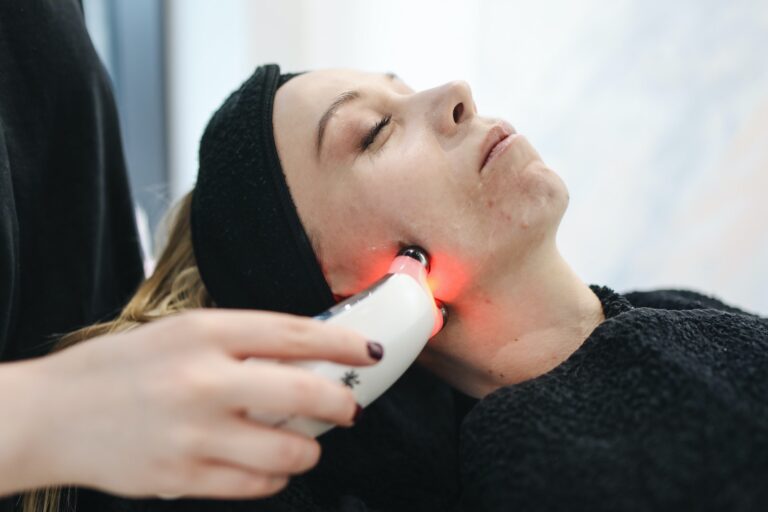9 Scary Reasons How Plastic Surgery Can Be Extremely Dangerous
Plastic surgery, also known as cosmetic surgery has been proven to be potentially risky for if something goes wrong – you are either disfigured or dead. Last year, the former Miss Argentina, Solange Magnano, 38 who wanted to maintain her youthful looks died following surgery to make her buttocks firmer.
After a facelift, you might not be able to open or close your eyes and mouth properly. Breast implants might give you oddly shaped breasts. The risk of post-surgical infection might lead to severe psychiatric injury.
9 Scary Reasons How Plastic Surgery Can Be Extremely Dangerous
According to the statistics compiled by the American Society of Plastic Surgeons (ASPS), nearly 219,000 cosmetic plastic surgery procedures were done on people from ages 13-19 in 2010. More and more teenagers are looking for body enhancement and plastic surgery to improve physical characteristics.
Before you decide to have plastic surgery, make sure that you are well-informed about the risks and dangers involved in the surgery. Do you really need surgery? Here are all the possible consequences of plastic surgery:
1. Hematoma
Hematoma is an abnormal collection of clotted blood which is one of the most common complications following a facelift. Though not life-threatening, it is easily corrected if immediate attention or perhaps surgery is required to take out the coagulated blood 24 hours after surgery. A facelift can lead to a blood clot under the skin which is dangerous if left untreated.
2. Mild Asymmetry
A series of normal to several asymmetries happens after breast augmentation and liposuction of hips & thighs. It can be moderate to severe and easily corrected with a second surgery. Mild asymmetry is considered a normal result.
3. Nerve damage
This occurs after any plastic surgery procedure when nerves are cauterized, cut or stretched. Symptom of nerve damage includes numbness and tingling sensation to weakness or paralysis of certain muscles. Effects are permanent when a nerve is severely damaged.
4. Seroma
Seroma is a deposit of clear fluid that sometimes develops in the body after surgery such as breast augmentation, liposuction or tummy tuck. A drain is inserted in the affected area along with a compression.
5. Post-surgery healing
This depends on age, skin type, and a number of other factors beyond anybody’s control. If you are undergoing surgery for an awaited event in your life, e.g. marriage, school reunion and other important events; remember that delayed wound healing might happen and increase the risk of extrusion, infection and necrosis. Wound healing time depends on the type of surgery or the kind of incision.
6. Aspiration pneumonia
This is caused by fluid entering the lungs, causing a blockage. After having a tummy tuck, watch for chest pains when taking a deep breath, difficulty in swallowing and shortness of breath.
7. Extensive scarring
This is a possible complication of breast augmentation. When the body heals from surgery, an overabundance of collagen is produced, which forms a scar. During the initial healing process, the interaction of these substances determines the nature and extent of scarring.
8. Depression
This is often the result when teenagers and women go in for plastic surgery with high expectations. You must understand that while plastic surgery can bring positive rewards, it will not change your life, your problems, or your relationships. If the results do not turn out the desired way you expect; it can be disheartening or even devastating for some patients.
9. Complications
Usually from anaesthesia are quite rare but it includes blood clots, brain damage, drop in blood pressure, heart palpitations, paralysis or strokes.
If you decide to go for plastic surgery, choose the best surgeon you can find. Skilled anesthesiologists will keep risks to a minimum, but complications can occur, no matter how small the procedure or how careful the medical team. Do not let price be the foremost determining factor in choosing a surgeon. Check credentials and references; go into surgery in the best health possible by taking care of yourself.
If you were injured as a result of someone’s negligence please contact an experienced medical malpractice attorney to discuss options that both you and your loved ones may have to be compensated.









